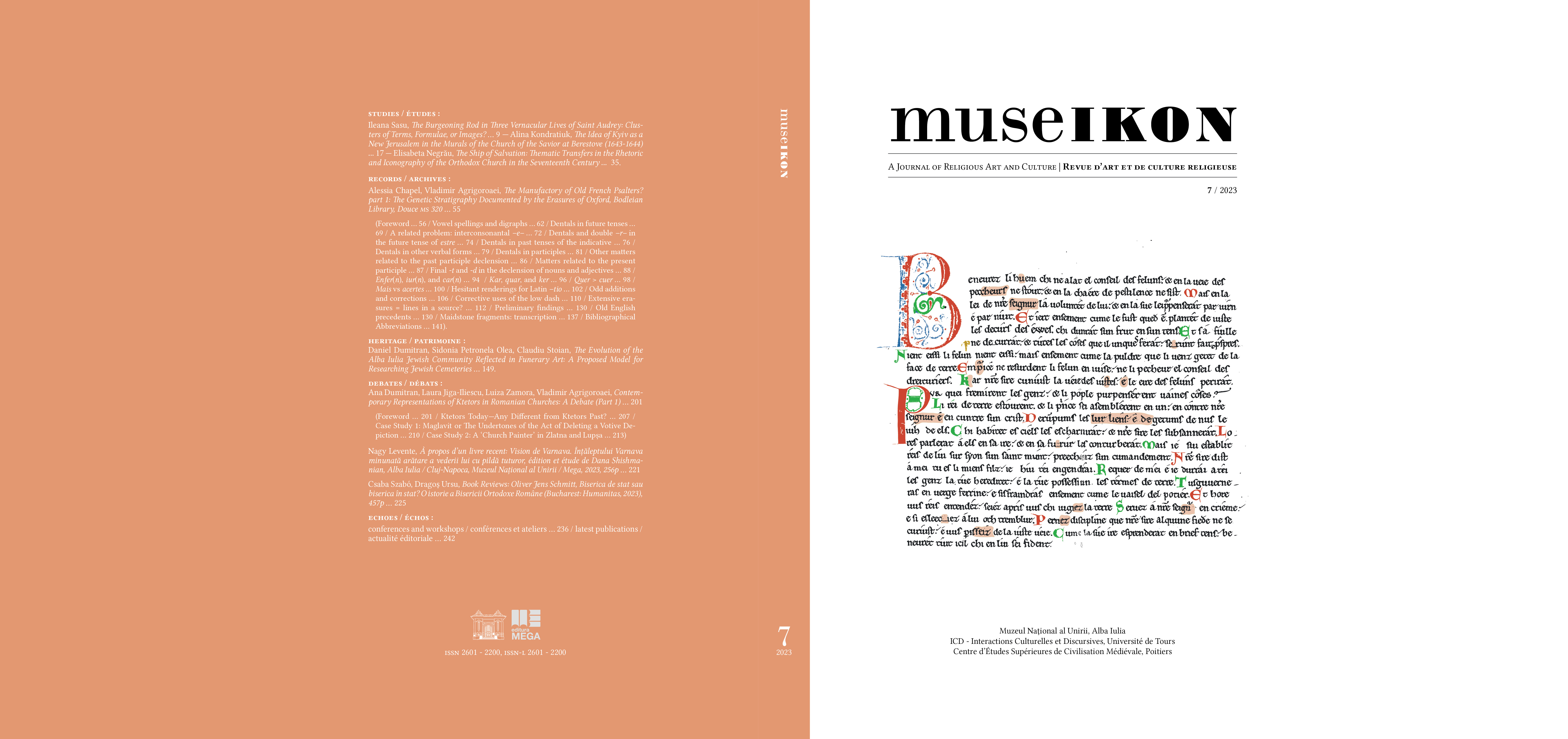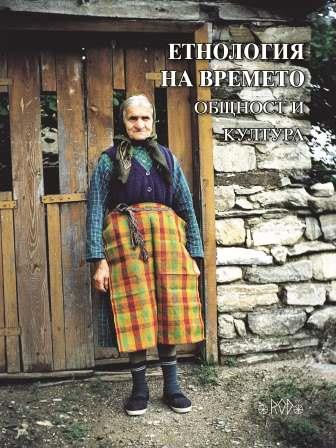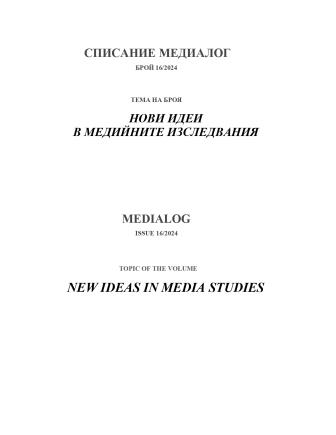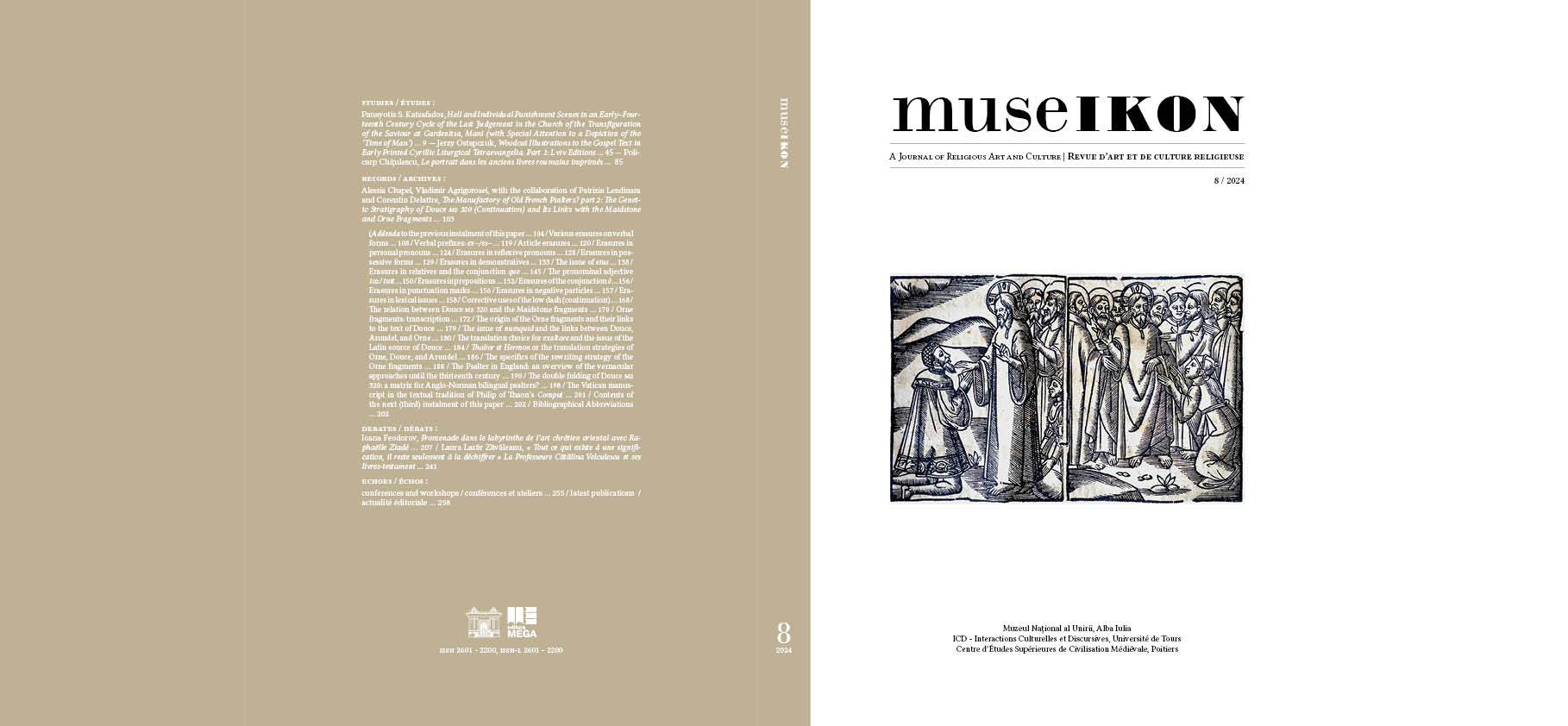
The Manufactory of Old French Psalters.
Pentru a înțelege mai bine relațiile intertextuale dintre psaltirile franceze medievale, întoarcerea la o sursă fundamentală precum Psaltirea de la Oxford (manuscrisul Oxford, Biblioteca Bodleiană, Douce 320) este esențială. Astfel, unul dintre scopurile acestui articol este cel de a pune bazele unui studiu al modificărilor de natură textuală reprezentate de numeroase ștersături care reflectă procesul de redactare și spun povestea acestui manuscris. Deoarece studiul este de amploare, a fost necesară segmentarea lui în mai multe publicații. În această primă etapă, după o introducere care analizează relațiile manuscrisului Douce 320 cu alte manuscrise din familia sa (de exemplu, Londra, British Library, Arundel MS 230), autorii discută ștersăturile legate de fluctuația vocalelor și diftongilor în ortografia anumitor cuvinte. Analiza tratamentului dentalelor finale ocupă apoi secțiuni referitoare la anumite forme verbale ale modurilor indicativ, conjunctiv și participiu. Acestea sunt completate de studii privind ștergerea unui -e- interconsonantic în formele de viitor și oscilarea între -r- și dublu -rr- în formele de viitor ale verbului estre. În cele ce urmează, ștersăturile și/sau corecturile legate de dentale permit de asemenea să fie abordată problema declinării, nu numai în cazul participiilor, ci și a mai multor substantive și adjective. Cercetarea se concentrează apoi pe studii de caz: ștergerea unui –n final în enfer(n), iur(n) și car(n); ezitările scribului legate de ortografia conjuncției car; înlocuirea frecventă a lui q cu c în cuvântul quer/cuer; ezitarea între folosirea conjuncției mais sau a conjuncției acertes; precum și multiplele opțiuni de a traduce sufixul latin –tio. O paranteză deschisă cu privire la anumite adăugiri și/sau corecturi sugerează posibilitatea ca manuscrisul Douce 320 să nu fie o traducere autografă a Psaltirii St. Albans (păstrată la Hildesheim, Dombibliothek, St. Godehard 1). Scribul ar fi folosit mai degrabă o sursă latină cu o glosă vernaculară interliniară. Această deducție pare să fie confirmată și de utilizarea unei liniuțe de unire, pe care copistul o folosește pentru a compensa erori probabile de transcriere. Ipoteza aceasta este susținută mai ales de cercetarea asupra câtorva „ștersături lungi”. Ele par a privi unități de transcriere a căror modificare este legată de structura și interconectarea textuală cu o sursă care prezintă atât un text latin, cât și o glosă interliniară. În încheierea acestei părți, după ce au prezentat, spre comparație, exemple preluate din Psaltirea Winchester și Psaltirea Arundel, autorii propun reconstituirea unui segment de text care ar putea fi mai aproape de sursa manuscrisului Douce 320. Articolul se încheie cu o comparație cu precedentele în limba engleză veche și cu o transcriere a fragmentelor de la Maidstone, Centrul și Biblioteca de Istorie Kent, Fa/Z1 (fragmentul Faversham i). Continuarea cercetării este prevăzută pentru următorul număr al revistei Museikon.
More...





